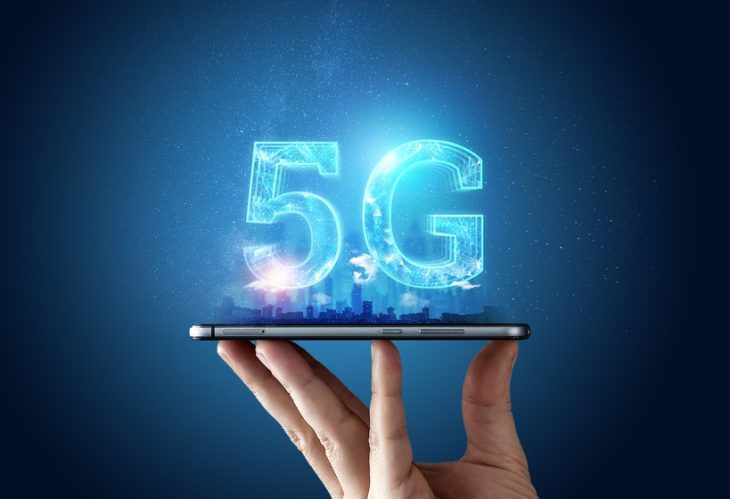
MONTREAL and VANCOUVER — Canada’s 5G networks are starting to shape up, with Bell Canada announcing Tuesday it will use radio access network (RAN) equipment from Ericsson for its national 5G wireless network, including for its high-speed Wireless Home Internet service for rural customers.
Bell’s national network sharing partner, Telus, announced separately today it will use equipment from Ericsson and Nokia to support the buildout of its 5G network. Bell has already announced Nokia as a key 5G supplier. Telus has said previously it was planning to push ahead with Huawei tech for its 5G infrastructure outside of its core network, but the federal government has yet to make a statement on whether or not the Chinese supplier’s gear can be used in Canada’s 5G networks. Citing security concerns the U.S. has banned it and some other countries are either following suit or limiting how Huawei kit can be used.
The other member of the Big Three, Rogers, said long ago it was using Ericsson and the company has already launched pieces of its 5G network.
As for the Bell-Ericsson announcement, Ericsson already supplies Bell with 4G LTE wireless equipment and other technology, and today’s 5G announcement is an extension of their partnership.
Ericsson currently has 93 commercial 5G agreements with telecom providers worldwide and is the first company to enable commercial 5G networks on four continents.
“Bell’s 5G strategy supports our goal to advance how Canadians connect with each other and the world, and Ericsson’s innovative 5G network products and experience on the global stage will be key to our rollout of this game-changing mobile technology across Canada,” said Mirko Bibic, president and CEO of BCE and Bell Canada, in the news release.
Niklas Heuveldop, president and head of Ericsson North America, added: “We are proud to have earned Bell’s trust to be selected as one of their key partners and significantly expand our existing relationship to accelerate the transformation of their network with 5G mobile and fixed wireless technology. With our industry-leading 5G product portfolio, Bell will be able to provide Canadian consumers, enterprises and the public sector with innovative experiences and services whether they’re on the move or at home, regardless if they’re in urban or rural areas.”
As with previous wireless and wireline network deployments, Bell is working with multiple equipment suppliers for its 5G rollout, which the company is poised to launch as the economy opens up, says the news release. If the federal government okays Huawei, and it has been mum on such a decision or even when one might be announced, Bell and Telus are likely to deploy the company’s technology.
Bell’s initial 5G service will offer faster data speeds than LTE at launch, and Bell 5G will continue to grow in speed, capacity and coverage as additional 5G wireless spectrum becomes available after the 3.5 GHz spectrum auction later this year, says the release. 5G-capable smartphones are already available from Bell, including the Samsung Galaxy S20 5G series, LG V60 ThinQ 5G Dual Screen and Motorola Edge+.
In a separate news release today, Telus said it has selected both Ericsson and Nokia to support building its 5G network.
“Telus has a successful track record of building globally leading networks with amazing speeds, robust quality and extensive coverage that are consistently recognized as the best in the world,” said Darren Entwistle, president and CEO of Telus, in the news release. “Our team is committed to rolling out superior network technology from urban to rural communities, fuelling our economy and driving innovation as we power Canadians into the 5G era through an unparalleled network experience. Our 5G deployment will support economic growth and diversity that will be essential for the virtualization of health, education, teleworking, and stimulating the economic growth and recovery given the impact of Covid-19”.



